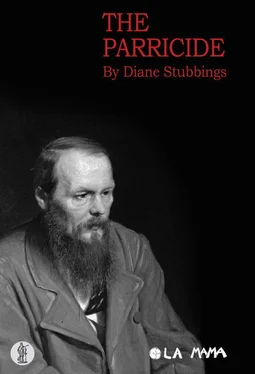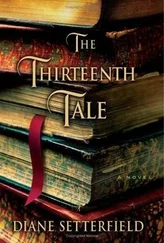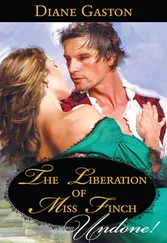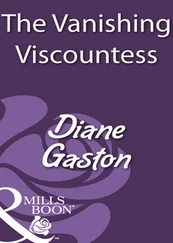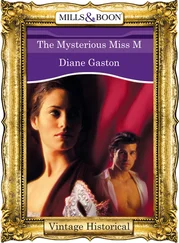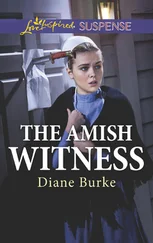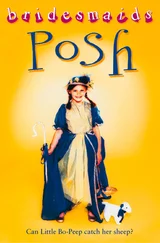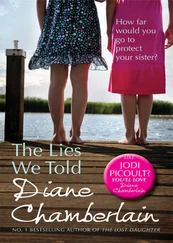A long beat.
FEDYA: I need money.
KOLYA: That’s all you have to say?
FEDYA: Karakozov is to be executed.
KOLYA: While those who provoked him flee.
I pity him.
FEDYA holds out his hand.
FEDYA: I’ll never be free while I’m forever burdened by debts.
Finish what you’ve started, Kolya. Put me out of my misery once and for all. But tell them everything this time.
KOLYA: You want to keep the Third Section off your back? Work. Write your novels. Meet your contract—
FEDYA: You haven’t seen what they’ve done!
This isn’t opening my mail. Watching where I go. Knocking on my door at all hours of the night. They’ve turned my apartment upside down. I don’t know what they’ve taken, I don’t know what they’ve left behind…
KOLYA: What was there?
FEDYA: You know/ there’s nothing.
KOLYA: How do I know what you have/ hidden away there?
FEDYA: Nothing. I have nothing.
KOLYA: Then what does it matter what they’ve taken—
FEDYA: Because it’s my work! My work! It’s all I have!
A long beat.
FEDYA: I could pinpoint every sheet of paper. Every chapter, annotation. Every thought, but… I don’t know now. The confusion of it all. I don’t know whether to toss every last sheet of it on to the fire or to believe there really might be something amongst it all that’s worth saving.
A long beat.
KOLYA: I didn’t betray you, Fedya. I have never betrayed you.
FEDYA: Give me money.
KOLYA puts money on the desk.
FEDYA: You gave me up.
KOLYA: It wasn’t me.
FEDYA: You gave us all up.
KOLYA: If you need to believe that—
FEDYA: Released with not a mark/ against your name—
KOLYA: In order to bleed me dry/ with your endless empty promises of novels and articles—
FEDYA: Released with compensation—
KOLYA: Then fine. Go on. I’ll bear it. Because I believe in the man you might one day be. And I would sacrifice anything—anything…
I didn’t betray you.
FEDYA: Friend—God—Tsar, Kolya. If we don’t interrogate their every word. Their every silence. Then what use are we?
FEDYA takes the money. Exits.
The actor playing KOLYA getting out of costume.
[KOLYA]: I was young. And to be among such people? To be counted a friend by Dostoyevsky? Who wouldn’t have boasted…? Who wouldn’t have ventured—perhaps once, perhaps twice—to repeat what they’d heard—feel the shiver of such words on their own tongue? Who wouldn’t have risked another man’s name to advance their own?
The beating sound of heavy rain.
FEDYA at the roulette tables. He is agitated. He is losing.
In his imagination, he can see a figure cowering in the corner of a cell. It may be KARAKOZOV . It may be ALYOSHA . He can hardly tell them apart.
ANNA ’s flat. ANNA stands with a wet, bedraggled FEDYA.
FEDYA: You judge me.
ANNA: No.
FEDYA: You have no comprehension what it’s like. After ten years in Siberia—after proving yourself to be a man of character—strength—and yet to still find within yourself a need of such force—to stand before fate and throw all you have on whatever way out it might offer you—a need so intense…
It’s as though the world is offering you the chance to breathe again. If only for a moment.
ANNA: What do you want, Fyodor Mikhailovich?
FEDYA: I need to meet this contract.
ANNA: What does that have to do with me any more?
FEDYA: I need your help.
ANNA: I’ve taken another job.
You should go home. Get dry—
FEDYA: I can’t go home—
ANNA: Why?
FEDYA: I can’t—
ANNA: Why not?
FEDYA: Are you lovers?
ANNA: How could you/ even ask—?
FEDYA: Did he pay you—?
ANNA: Stop—
FEDYA: To tell him what I’d done—?
ANNA: Stop—
FEDYA: To tell him I’m more guilty than even he could have imagined—?
ANNA: Stop!
FEDYA: You don’t know him, Anna.
ANNA: I don’t know you.
I used to think the world of you—once upon a time.
Go home.
FEDYA: He’s there. He’s there all the time. He follows me.
ANNA: Who’s there?
FEDYA: I think it was him. Who killed his father? Not directly, not by his own hand, but…
ANNA: Who? Who killed his father?
FEDYA: In my story. Of the parricide.
There’s a third brother. I see it now. He’s a revolutionary. A true revolutionary. An atheist for whom it’s more than just a political stance. Who sees nothing but emptiness. And I’ve heard his voice in my head. Day and night. ‘In God is nothing. In God is nothing.’ But it’s not so much God that he rejects as the world God’s created. Can see no alternative than that it must all come crashing down. And the accident of man’s existence, that he has no other purpose but to watch its disintegration.
There’s a painting—in Basel I think it is—and I’ve made him, this brother, I’ve made him stand in front of it. For hours. Just contemplating it. It’s of Christ. The dead Christ. His corpse. He was shaken to his very soul. To see Christ there—a man like any other. All bone and shrunken flesh. And his face horror-struck by the wrench of his last moment. As though not a breath of divinity or resurrection would ever move through him. It terrified him—this brother—to see everything he’d ever argued so forcefully proven that it could never again be doubted…
ANNA: If this is the man you must write, then… then you must write him.
FEDYA: It has driven him mad.
ANNA: Then you must find him his salvation.
FEDYA: I can’t.
I need to meet this contract.
Help me.
ANNA putting on coat, hat, gloves etc, readying herself for work.
ANNA: It wasn’t, I told myself, that I couldn’t live without him, but that I couldn’t live without playing such a part… Without touching, in the frailest way, all that he might one day write—all that he might one day be…
FEDYA ’s flat. There are still papers everywhere. ANNA is very business-like, gathering her own notes together.
ANNA: I’ll have them transcribed and returned to you first thing tomorrow.
FEDYA: It’s done then?
ANNA: One hundred and fifty pages.
FEDYA: Is it any good, Anna?
ANNA: I’m not here to judge the worth of what you write, Fyodor Mikhailovich.
A beat.
FEDYA: Would you like tea?
ANNA: No.
FEDYA: We hardly stopped—
ANNA: I’d like to get home—
FEDYA: Your hand—
ANNA: Is fine.
FEDYA: [ gathering together his scraps of paper ] Is it really all over…?
ANNA busies herself packing her bag.
A quiet pounding.
FEDYA shifts towards the state that precedes a fit.
The pounding gets louder.
Tightening spotlight on FEDYA . Building spotlight on a SOLDIER , standing in the snow. He is cold. He has a rifle. His feet, the rifle, pound on the ground as he tries to stay warm.
We see the whole room again.
ANNA: Fyodor Mikhailovich—
The pounding sound again.
Spotlight on FEDYA . Spotlight on the same SOLDIER , standing in the snow. Still pounding his rifle, pounding his feet, trying to stay warm.
We see the whole room again.
What can I do?
Читать дальше
